CBP-501 (Calmodulin-Binding Peptide) – CAS 565434-85-7 | GMP Supplier
原价为:$23.00。$18.00当前价格为:$18.00。
CBP-501 is a calmodulin-binding peptide and G2 checkpoint abrogating agent that inhibits multiple kinases, including CHK1, CHK2, MAPKAP-K2, and C-Tak1. Produced under GMP standards with high purity, CBP-501 is widely used in cancer research and kinase signaling studies. Available for bulk and retail supply. For laboratory research use only.?If you need to place an order or inquire about wholesale product prices, specifications and uses, please contact our staff?
描述
CBP-501 (CAS No. 565434-85-7) is a synthetic peptide that has attracted significant attention in oncology and molecular biology research. As a cell-permeable calmodulin-binding peptide, CBP-501 plays a pivotal role in disrupting calmodulin-dependent signaling pathways that are critical for cell cycle regulation, particularly at the G2/M checkpoint.
Developed originally as a G2-abrogating drug candidate, CBP-501 is notable for its ability to selectively inhibit a range of Ser216-specific kinases, including:
-
MAPKAP-K2 with an IC?? of 0.9 ?M
-
C-Tak1 with an IC?? of 1.4 ?M
-
CHK1 with an IC?? of 3.4 ?M
-
CHK2 with an IC?? of 6.5 ?M
This broad-spectrum inhibitory activity makes CBP-501 particularly valuable in cancer research, where dysregulated kinase signaling pathways are often implicated in uncontrolled cell growth, resistance to therapy, and tumor progression.
Researchers have also explored CBP-501 for its potential ability to enhance chemotherapy sensitivity. By abrogating G2 checkpoint control, cancer cells become less capable of repairing DNA damage before entering mitosis, thereby increasing their vulnerability to DNA-damaging agents such as cisplatin and other platinum-based chemotherapeutics.
In laboratory studies, CBP-501 has demonstrated effects across a wide range of cancer models, including lung cancer, mesothelioma, ovarian cancer, and other solid tumors. Its pharmacological properties, coupled with high selectivity, make it a strong research candidate in experimental oncology.
Manufactured under GMP-compliant conditions, CBP-501 supplied by our facility meets rigorous standards of purity and stability, ensuring consistent and reproducible research results. With a purity standard above 98%, researchers can rely on its integrity in both small-scale experiments and large-scale laboratory investigations.
Applications include:
-
Investigating cell cycle regulation and checkpoint mechanisms
-
Exploring calmodulin-dependent signaling pathways
-
Developing models for cancer chemotherapy sensitivity
-
Kinase inhibition assays
-
Mechanistic studies of G2 checkpoint abrogation
CBP-501 is provided as a high-quality research-grade peptide available for bulk wholesale supply and retail distribution, catering to academic, pharmaceutical, and biotechnology research needs.
This product is strictly intended for laboratory research use only and is not for human or veterinary applications.
Product Specifications
| Parameter | Details |
|---|---|
| Product Name | CBP-501 |
| Synonyms | Calmodulin-binding peptide; G2 checkpoint abrogator |
| CAS Number | 565434-85-7 |
| Molecular Type | Synthetic peptide |
| Mechanism | Calmodulin-binding; G2 checkpoint abrogation; kinase inhibition |
| Target Kinases | MAPKAP-K2 (IC??: 0.9 ?M), C-Tak1 (IC??: 1.4 ?M), CHK1 (IC??: 3.4 ?M), CHK2 (IC??: 6.5 ?M) |
| Purity | ? 98% (HPLC confirmed) |
| Appearance | Lyophilized peptide powder |
| Stability | Stable for long-term storage at -20°C; avoid repeated freeze-thaw cycles |
| Storage | Store at -20°C under inert atmosphere |
| GMP Compliance | Produced in GMP-certified facility |
| Applications | Oncology research, kinase inhibition assays, chemotherapy sensitization |
| Availability | Wholesale & retail supply |
Mechanism of Action & Research Applications
CBP-501 functions primarily as a calmodulin-binding peptide, interacting directly with calmodulin to interfere with calcium-dependent signaling pathways. Calmodulin is a ubiquitous calcium-binding messenger protein that regulates diverse cellular processes, including metabolism, apoptosis, transcription, and the cell cycle. By binding calmodulin, CBP-501 interrupts these signaling cascades, producing downstream effects on kinase activity and checkpoint regulation.
The most critical mechanism of CBP-501 is its ability to abrogate the G2/M checkpoint. Under normal conditions, cells experiencing DNA damage activate the G2 checkpoint to allow time for repair before progressing into mitosis. CBP-501 disrupts this safeguard, compelling cells to prematurely enter mitosis with unrepaired DNA damage. While this mechanism can be harmful to normal cells, it proves particularly effective in cancer research, where tumor cells often exhibit high levels of DNA damage and rely heavily on checkpoint controls for survival.
Key Kinase Inhibitions:
-
MAPKAP-K2 (IC??: 0.9 ?M): Inhibition affects stress response pathways and inflammatory signaling.
-
C-Tak1 (IC??: 1.4 ?M): Regulates cell cycle checkpoints via phosphorylation of Cdc25C.
-
CHK1 (IC??: 3.4 ?M): A crucial regulator of the DNA damage response. Its inhibition sensitizes cells to DNA-damaging chemotherapy.
-
CHK2 (IC??: 6.5 ?M): Functions similarly to CHK1 in DNA damage signaling.
Research Applications:
-
Cancer Therapy Models: Used to explore strategies for sensitizing cancer cells to chemotherapeutics like cisplatin.
-
Checkpoint Biology: Helps elucidate mechanisms of G2/M checkpoint regulation and failure.
-
Signal Transduction Research: Provides insight into calmodulin-dependent signaling cascades.
-
Kinase Inhibitor Development: Serves as a reference molecule for designing new therapeutic candidates.
-
Combination Research: Tested alongside chemotherapy drugs to evaluate synergistic effects.
Because CBP-501 can lower resistance to chemotherapy, it remains a valuable experimental oncology tool. Ongoing studies continue to explore its potential in targeting resistant tumors, particularly in lung cancer, mesothelioma, ovarian cancer, and gastrointestinal malignancies.
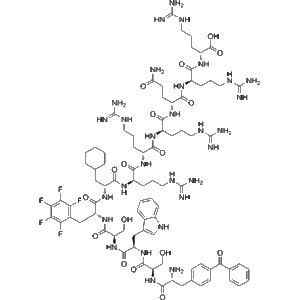
Side Effects (For Reference Only in Models)
In experimental models, CBP-501 has been associated with effects consistent with checkpoint inhibition and calmodulin interference. Reported findings include:
-
Increased DNA damage due to premature entry into mitosis
-
Potential cytotoxicity in rapidly dividing cells
-
Effects on calcium signaling pathways, potentially impacting apoptosis and metabolic regulation
-
Dose-dependent toxicity observed in some in vitro studies
It is critical to emphasize that CBP-501 is not intended for human or veterinary use. Side effect data is strictly limited to laboratory research and experimental models. Researchers should implement appropriate safety protocols when handling this peptide.
Disclaimer
is supplied strictly for laboratory research purposes only. It is not intended for human use, diagnostic procedures, or therapeutic applications. All handling must comply with local laboratory safety regulations.
Keywords
-
Calmodulin-binding peptide research
-
G2 checkpoint abrogator peptide
-
CBP-501 cancer research
-
Kinase inhibitor peptide CBP-501
-
CBP-501 GMP supplier
-
CBP-501 wholesale
其他信息
| 重量 | 0.8 公斤 |
|---|---|
| 尺寸 | 63 × 53 × 63 厘米 |



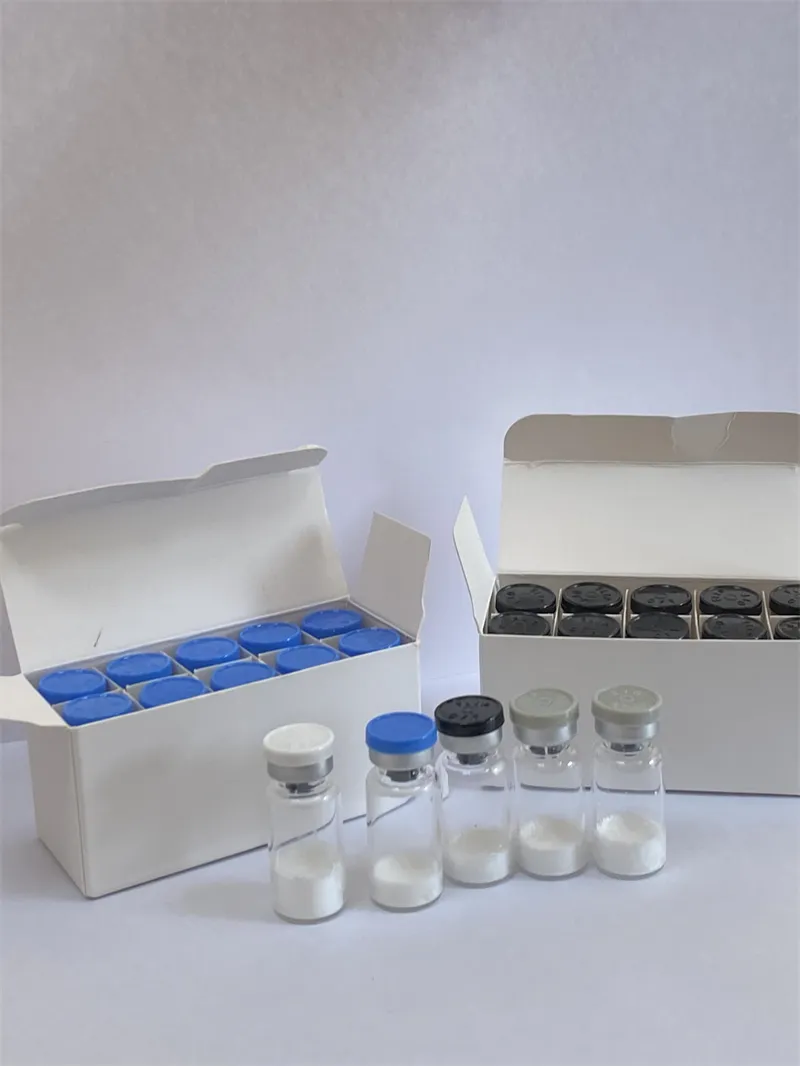
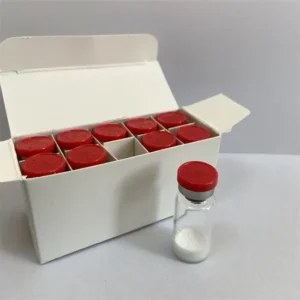

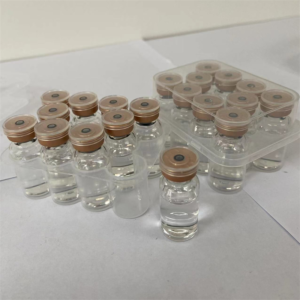

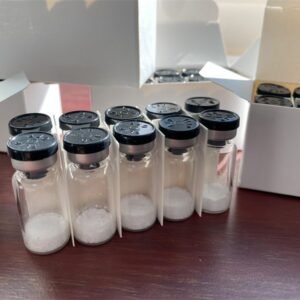
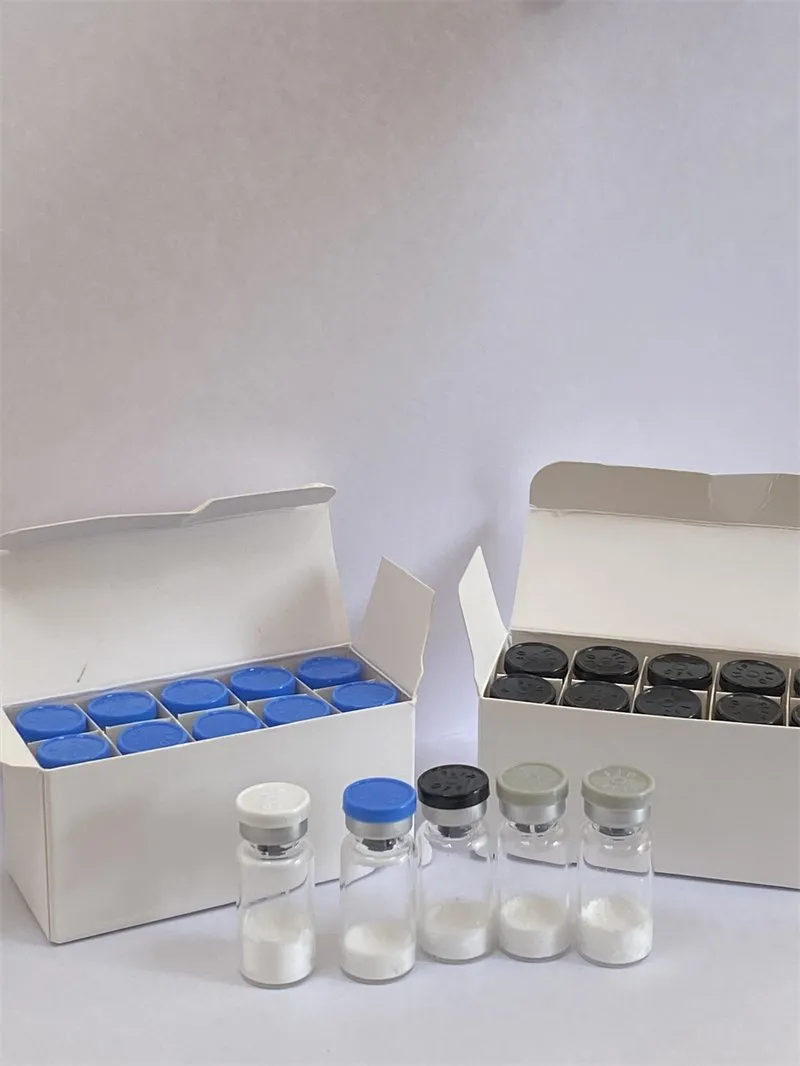
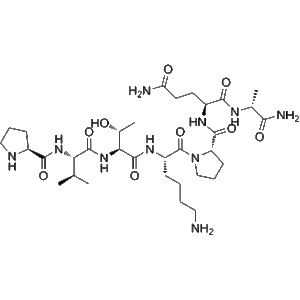

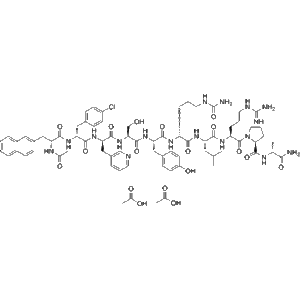


评价
目前还没有评价